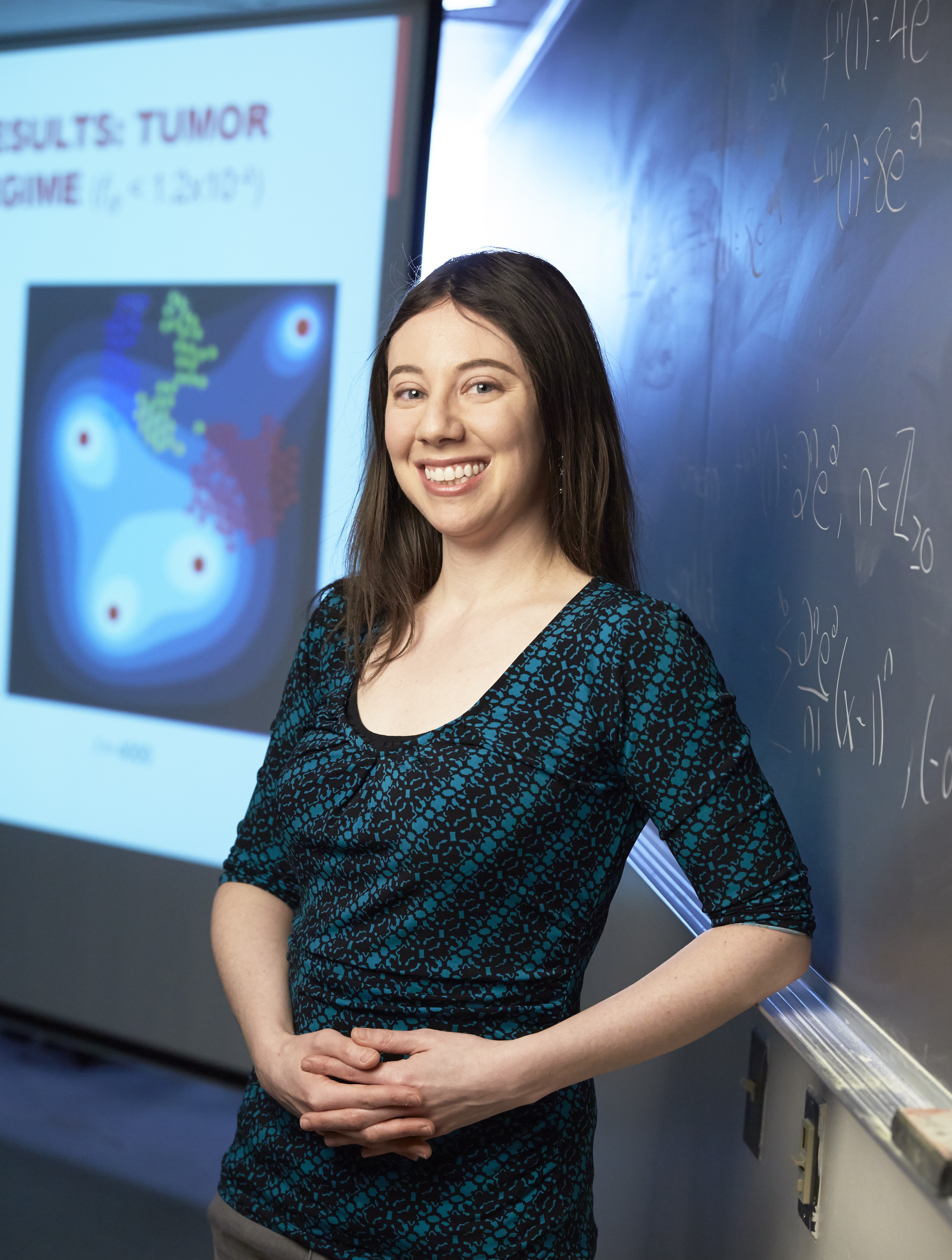 Jana
Gevertz
Jana
Gevertz| Professor | Email: gevertz {at} tcnj {dot} edu |
| The College of New Jersey | Office: Science Complex P246 |
| Department of Mathematics & Statistics | Phone: 609-771-3314 |
| Home | CV | Research | Teaching | Links for Students | Travel |
 Jana
Gevertz
Jana
Gevertz| Professor | Email: gevertz {at} tcnj {dot} edu |
| The College of New Jersey | Office: Science Complex P246 |
| Department of Mathematics & Statistics | Phone: 609-771-3314 |
| Home | CV | Research | Teaching | Links for Students | Travel |
Other Projects: Mathematical Biology, Biostatistics, Computational Mathematics